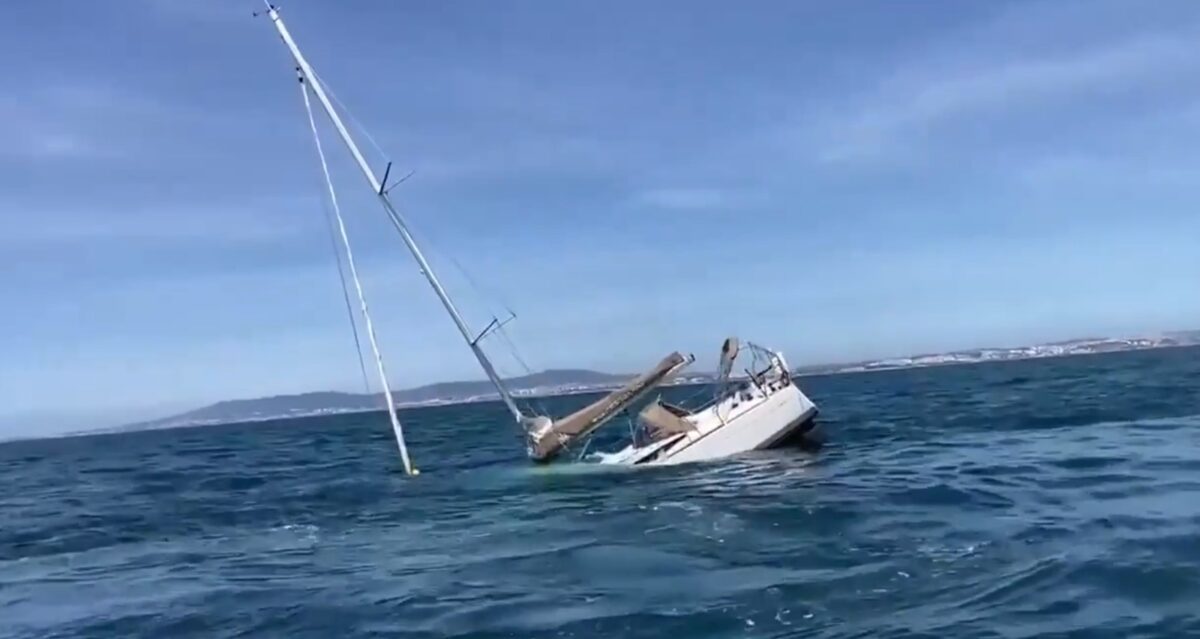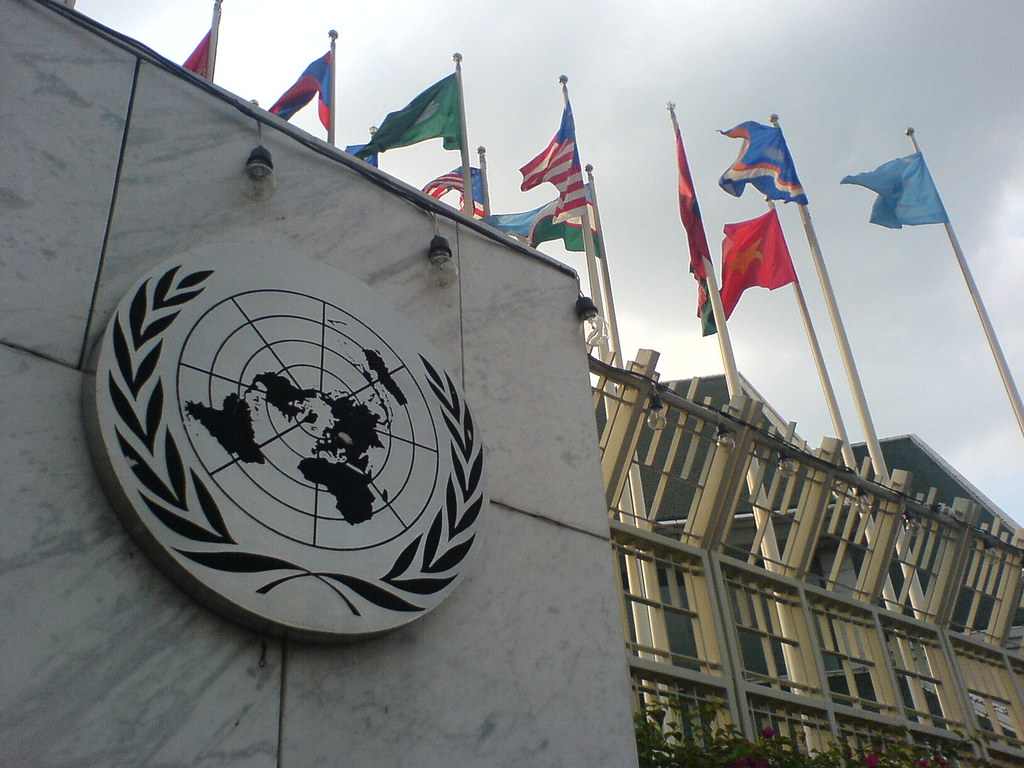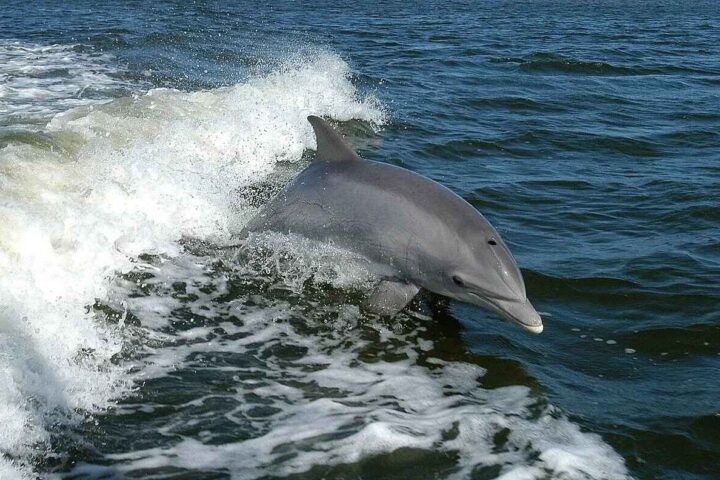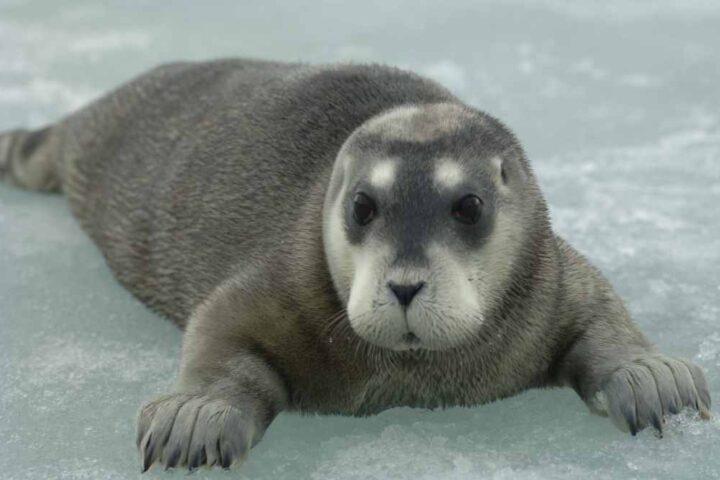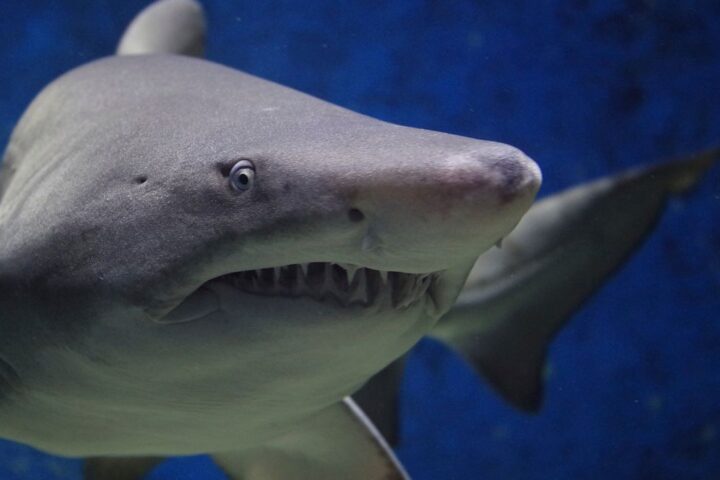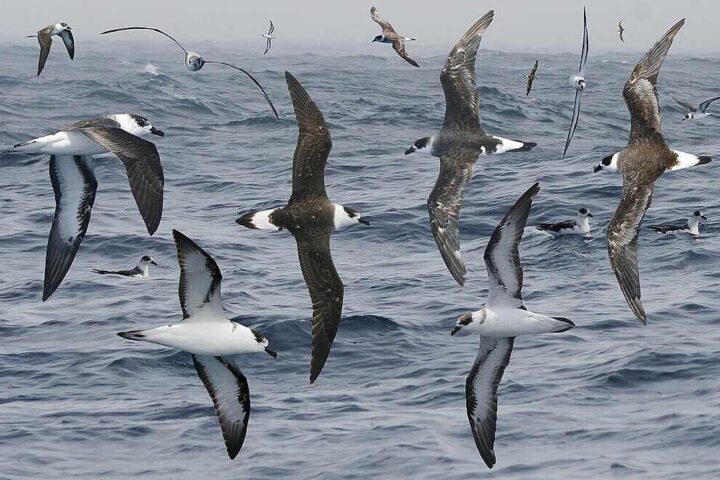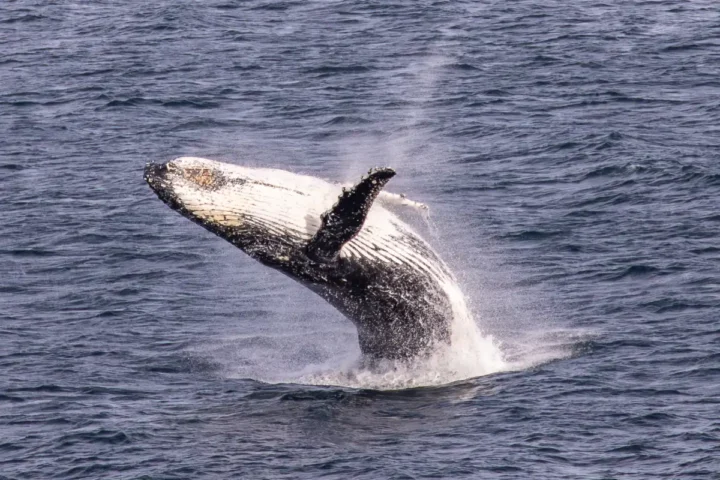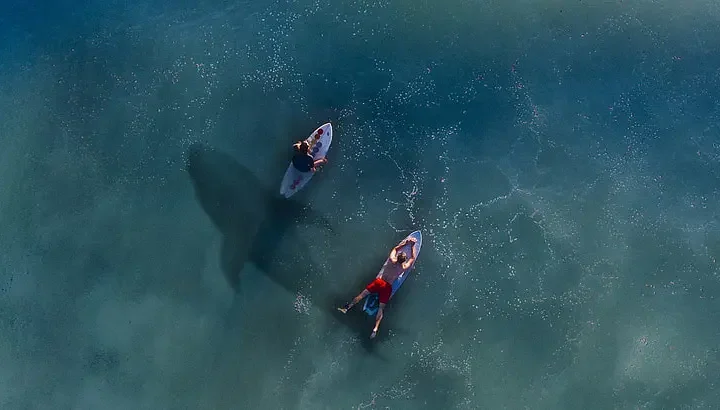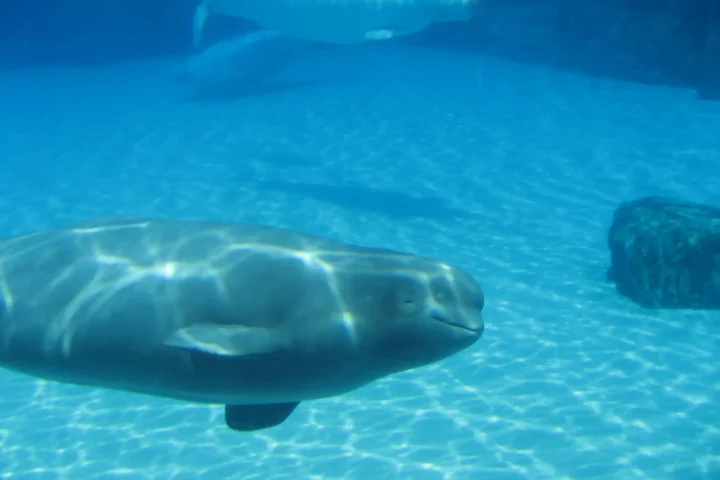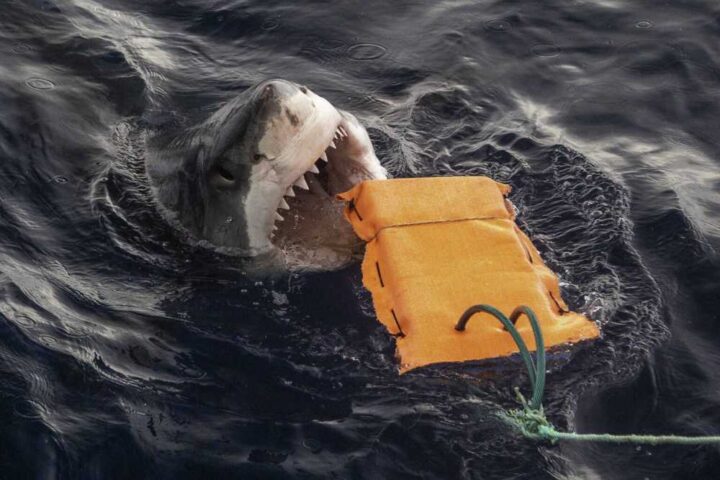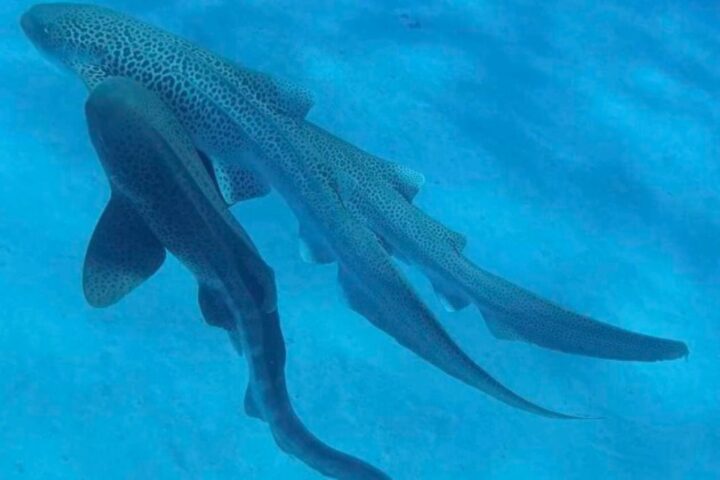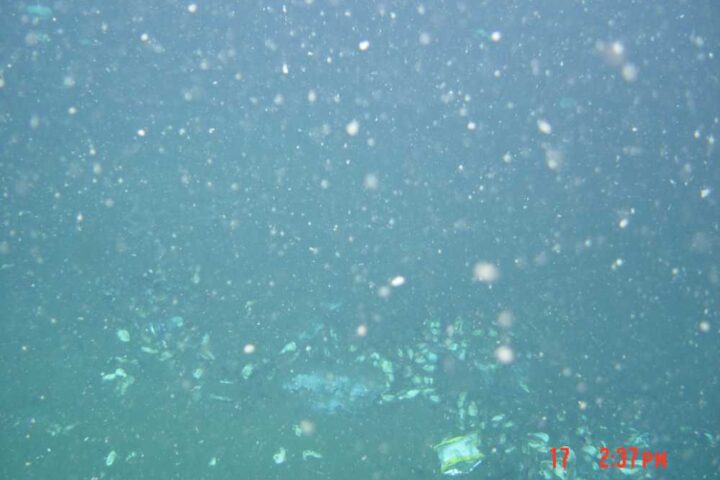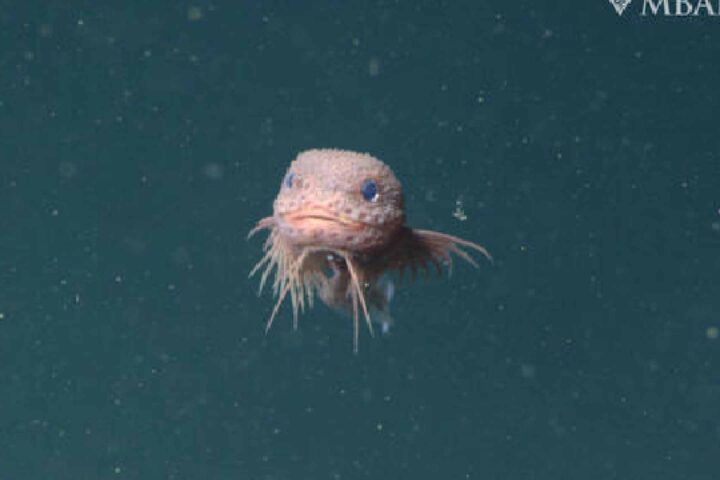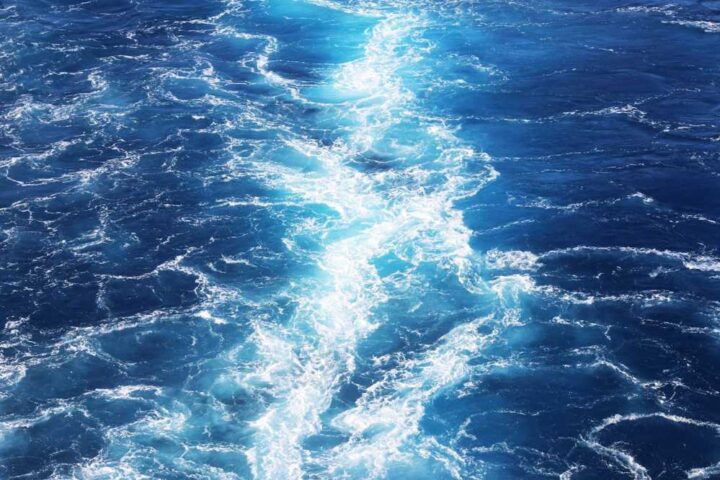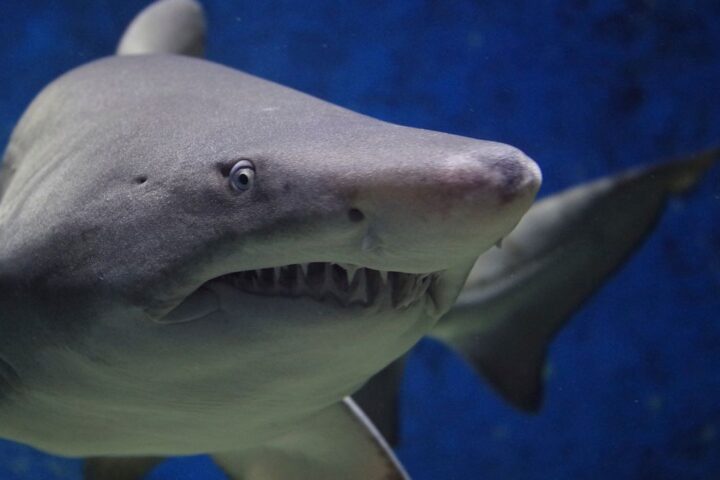Costa da Caparica, Portugal– A pod of orcas sank a sailing yacht carrying five people off the coast of Fonte da Telha beach near Lisbon on Saturday afternoon. The Portuguese National Maritime Authority confirmed all crew members were rescued without injuries.
The alert was received at 12:30pm local time “due to an interaction with orcas,” according to the Maritime Authority’s official statement. “Crews from the lifeguard station of Cascais and the Captaincy of the Port of Lisbon were immediately activated.”
The vessel, named Oceanview and belonging to the Nautic Squad sailing club based in Oeiras, came under repeated impact from orcas striking the hull approximately five nautical miles from shore. “It was found that the crew members were physically well, without needing medical assistance, and were evacuated with the assistance of a nearby maritime tourist vessel,” the authority stated.
Second Incident Same Day
Later that Saturday, a second sailing vessel encountered orcas approximately 12 miles northeast in the Bay of Cascais. Four people aboard this boat required assistance from rescue services but were found safe. The Maritime Authority helped transport the boat to a port near Lisbon.
On Monday, September 15, the Guarda Nacional Republicana (GNR) reported additional support operations. “The Coastal and Border Control Unit (UCCF) supported a sailboat on Monday that was in difficulty after suffering successive strikes on its bow caused by orcas.” The vessel was 10 nautical miles off Costa de Caparica when attacked.
Documented Pattern Since 2020
Approximately 700 orca interactions have been recorded since 2020, according to reports compiled by the Cruising Association, based on data collated by Atlantic Orca Working Group (Grupo de Trabajo Orca Atlántica, GTOA). Encounters peaked in 2023 with 207 recorded during the year, dropping to 136 in 2024, and just 67 so far in 2025.
At least seven boats have been sunk by orcas around the Iberian Peninsula since reports of interactions first surfaced in 2020, with many more damaged, some very seriously.
The vessels that are targeted are small yachts, and in almost every case, the orcas target the boats’ rudder, and swim off once it has been broken. There does not appear to be any deliberate attempt to sink the boat, other than – as with the latest incident – when the damage is sufficient to cause the vessel to take on water.
Identified Individuals and Research
Fifteen individual Iberian orcas involved in the interactions have been identified through photography and witness descriptions. Each of the orcas involved in incidents and having contact with vessels was given the designation Gladis.
The research group GTOA maintains detailed catalogs of these individuals. An orca is considered to be a GLADIS, when it interacts with ships. Therefore, not all Iberian orcas are GLADIS. They were called GLADIS for one of his first vernacular names Orca gladiator, and this colloquial name was transferred to the media, but also to the nomenclature for the identification of the specimens.
The Iberian orcas form a subpopulation of killer whales (Orcinus orca) found in the Strait of Gibraltar, numbering roughly 37 individuals.
Scientific Assessment
‘They’re pushing, pushing, pushing – boom! It’s a game,’ said, Renaud de Stephanis, president of Conservation, Information and Research on Cetaceans (CIRCE). ‘That’s all it is. Imagine a kid of six, seven years, with a weight of three tonnes. That’s it, nothing less, nothing more. If they wanted to wreck the boat, they would break it in 10 minutes’ time.’
The Cruising Association said in August 2025 that scientists were still uncertain why the orcas were “attacking” or interacting with ships in this way, but that they suspected it may be a form of play.
Current Guidelines and Safety Measures
The drop is likely due to guidelines issued by Spanish authorities advising sailors to stick to shallow waters of 20m or less in orca hotspots, or avoid the areas completely where possible.
The Cruising Association and GTOA maintain joint reporting systems for tracking interactions. The online reporting forms are available in English, French, Portuguese and Spanish, at www.theca.org.uk/orcas.
You can download the application from the mobile in PLAY STORE and APPLE STORE. Search for the app as GT Orcas. Available in languages: Spanish, English, French, Portuguese and Galician.
Legal Protection Status
We work for the conservation and management of a subpopulation of orcas in endangered in the Iberian Peninsula. The iberian orca is a unique subpopulation of orcas that lives in the northeast Atlantic.
The subpopulation’s numbers plummeted after the collapse of its preferred prey, the Atlantic bluefin tuna (Thunnus thynnus), due to overfishing. Today, the tuna population has recovered, and some scientists think the abundance of food has given orcas more time to play.
Factual Context
There were about 665 interactions between orcas and vessels around the Iberian Peninsula between January 2020 and May 2025, according to a June 2025 report from the Cruising Association and GTOA. GTOA defined an interaction as whenever an orca approached, observed and/or touched a ship.
As of this writing, at least seven boats have been sunk by orcas since 2020, according to the best available records.
